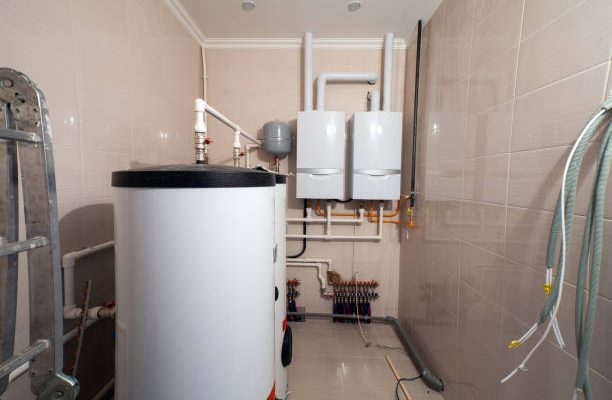The quest for efficient and cost-effective household utilities is a continuous journey. Among the most critical decisions homeowners make is choosing between tankless and tank water heaters. Both heating systems have unique advantages and drawbacks, and choosing the right one largely depends on one’s individual needs and circumstances. This article aims to shed light on the fundamental differences between tankless and tank water heaters and help you determine the best option for your home.
Understanding Tank Water Heaters
Tank water heaters, also known as storage tank water heaters, have been the traditional choice for most households. These heaters store and heat a large amount of water (typically between 20 and 80 gallons) in an insulated tank. The hot water is then readily available for use whenever needed.
The primary advantage of tank water heaters is their ability to provide a significant volume of hot water at a go. However, they are not without their shortcomings. The most notable drawback is the standby heat loss, where energy is wasted heating water that is not used immediately. Moreover, once the stored hot water is depleted, it can take quite some time for the tank to reheat a fresh batch.
The Benefits of Tankless Water Heaters
Differing from conventional water heaters, tankless water heaters—also referred to as on-demand or instantaneous water heaters—generate hot water immediately without requiring a storage tank. When you activate a hot water faucet, cold water is directed through a pipe into the system. Here, the water is warmed by either a gas burner or an electric element. Consequently, tankless water heaters provide a continuous flow of hot water, eliminating the need to wait for a storage tank to accumulate sufficient hot water.
The most significant advantage of tankless water heaters is energy efficiency. By heating water only when it’s needed, these systems avoid the energy waste of constantly maintaining a tank of hot water. According to the U.S. Department of Energy, for homes that use 41 gallons or less of hot water daily, tankless water heaters can be 24%–34% more energy efficient than conventional storage tank water heaters.
Among the best tankless water heaters in the market, you can find models offering excellent energy efficiency ratings, compact design, and longer lifespans than their traditional counterparts. However, it is essential to note that the initial cost of a tankless water heater is typically higher than a tank water heater, which could be a deciding factor for some households.
Tankless vs. Tank Water Heaters: The Verdict
When it comes to choosing between a tankless and tank water heater, several factors should be taken into consideration. If your household has a high demand for hot water or tight budget constraints, a tank water heater might be the most practical option. They are cheaper to install and can accommodate high hot water usage.
On the other hand, if energy efficiency and saving on long-term costs are your top priorities, a tankless water heater could be the best fit. While the initial cost is higher, the long-term savings from reduced energy bills could make up for the initial investment.
In the end, the choice between a tankless and tank water heater depends on your personal needs, budget, and long-term plans for your home. It is recommended to conduct thorough research and possibly consult with a professional before making a decision. With the right choice, you can enjoy a steady supply of hot water in the most energy-efficient and cost-effective way possible.




















